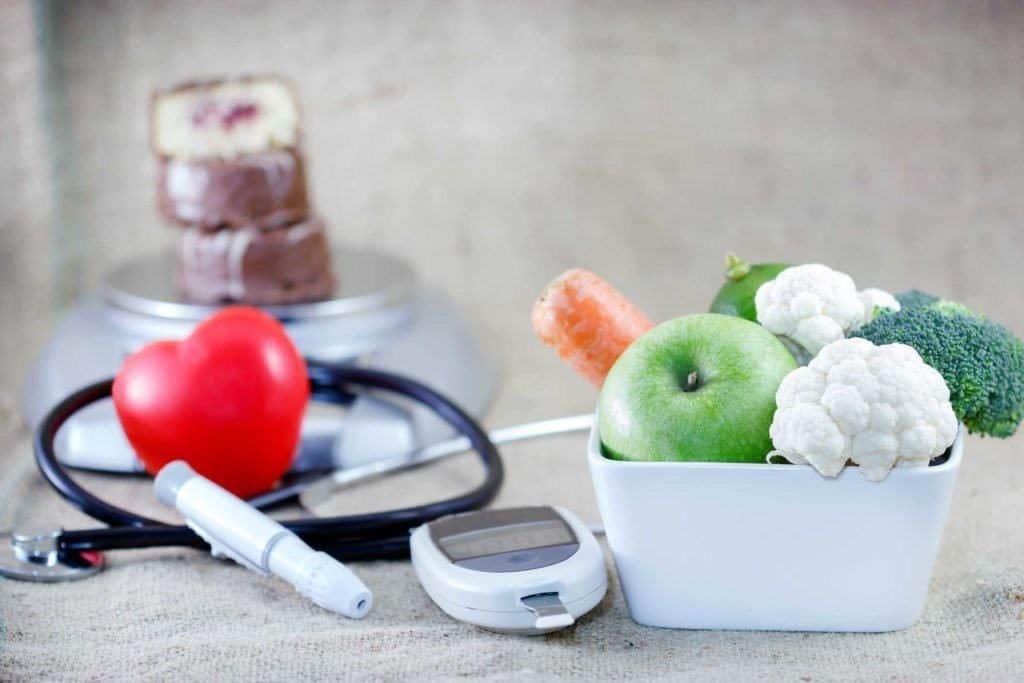Contents:
- Medical Video: 25 Weeks Pregnant - 25 Weeks pregnant Baby Position - Pregnancy Week by Week
- Development & Habits
- How should my baby develop?
- Health for babies aged 25 weeks
- What do I need to discuss with the doctor?
- What should I know?
- 1. Asthma
- 2. Risk of death when the child is alone at night
- 3. Must be more careful when the baby is bathing in the bath
- Which must be considered
- 1. Babies wake up too fast
- 2. Bathe the baby in a large bathtub
Medical Video: 25 Weeks Pregnant - 25 Weeks pregnant Baby Position - Pregnancy Week by Week
Development & Habits
How should my baby develop?
At the stage of development of a baby 25 this week, your baby can be said to be 6 months or half a year old. This is a great achievement, because you don't feel that your age has grown and as a parent, don't let you go through each development.
In the first week of the 6th month, babies generally can:
- Maintain balance of the head with the body when sitting back
- Say several words with consonant and vowel combinations.
What should I do with my baby?
In the age of 25 weeks of development, when the baby starts to become more active, he will need more comfortable clothes. Choose a soft material that does not cause friction when moving. Clothing that is elastic and loose will make the baby more active in exploring the room.
Avoid baby clothes made of coarse and itchy material, clothes with straps, buttons, or that can make a baby choke and cause discomfort that can arise during sleep, crawling or playing.
Your baby will know that his habits, including those he likes and dislikes, will attract your attention. So, from now on and for the next few years, he will do everything he can to get attention.
Now, almost everything the baby does will look very adorable, but when he grows up, he will tend to be naughty to provoke your reaction. Don't forget to give positive feedback when the baby is good because this is a good way to start preventing and avoiding bad deeds.
Health for babies aged 25 weeks
What do I need to discuss with the doctor?
At this stage of development of a baby 25 weeks, the doctor will carry out a whole physical test, using different diagnostic techniques and implementation procedures. The doctor or nurse will check all or some of the following:
- Ask about how you and your child and family members live in the house, to eat, sleep, the baby's progress in general and how you will take care of your child
- Measuring body weight and height and baby's head circumference, checking all physical aspects of a child from birth
What should I know?
There are a number of things you need to know at the stage of your 25-week baby's development:
1. Asthma
Asthma is a serious chronic disease that is most common in children. This is inflammation and narrowing of the airways, causing difficulty breathing. The term "asthma" is often used to explain the symptoms of difficulty breathing without knowing the cause and time of its appearance.
Causes of asthma
Allergic triggers such as pollen, moss spores and animal parasites are carriers of diseases that endanger the airways (including cigarette smoke and steam).
Respiratory infections are caused by viruses and lack of exercise or breathing cold air which also causes asthma attacks. Although asthma can be a serious and chronic health problem, but if treated properly, most children with asthma can still live and move normally. The severity of the disease usually decreases as the child gets older and the airways become more open and larger.
The child may have asthma if he coughs too often (especially at night) or allergies, eczema, or there are family members with a history of these symptoms. Signs of an asthma attack may include shortness of breath, continued coughing, wheezing, whistling or mumbling loudly when exhaling. When the baby is breathing, the muscles around his rib cage are squeezed, his nose slightly expands every breath, fatigue, and pale skin.
Overcoming asthma in the development of the baby 25 weeks
If you think your baby has asthma or has difficulty breathing especially when they feel suffocated in the neck, rib or stomach while breathing air, try to breathe as hard as possible - contact 112 or take him to the emergency room. You also have to ask for help as soon as possible if your baby's lips or fingers turn blue or the baby becomes lethargic, irritable or losing control.
Generally, children with flu may also suffer from difficulty breathing, but coughing at night is a sign of chronic asthma. Call your doctor if your child has trouble sleeping because of a sigh or cough.
Control asthma in the development of the baby 25 weeks
If the baby is diagnosed with asthma, the doctor will explain how to control asthma. You might also have to find the cause of asthma: maybe because of respiratory disease or environmental problems, such as allergens or cigarette smoke.
You need to use nebulizer as a cooler, to raise the baby's head and neck 30 degrees or more while sleeping. An allergy test may also be useful because you can identify and eliminate allergies from the environment.
For example, you might consider removing carpets, curtains and stuffed animals from your room to reduce dust and spread.
Medical treatment consists of bronchodilator inhalants to open the airways, anti-inflammatory drugs to reduce inflammation of the airways, antibiotics if there is a secondary infection and identify the cause to keep away allergens.
2. Risk of death when the child is alone at night
Experts agree that after children can change their own position easily, this can reduce a lot the risk of SIDS (sudden death syndrome in infants).
There are two reasons, first, because of the reduced risk of SIDS if the baby can turn around. Second, babies know that turning is one way to protect themselves from problems associated with sleeping face down, because a face posture can increase risk dramatically.
According to experts, you should put the baby to sleep and let him lie on his back until he is a year old, but keep the baby from getting less sleep because of the sleeping position that changes throughout the night.
However, make sure that your baby's crib is safe and continue to follow the advice to prevent SIDS, such as just using a mattress and avoiding the types of pillows, blankets, towels and toys made from crinoline.
3. Must be more careful when the baby is bathing in the bath
To ensure that baby shower time is not only fun but also safe, you must follow the important tips below:
- Wait until the baby can sit properly: both you and your baby will feel more comfortable with a large bathtub if the child can sit alone or with a little rebuttal
- Sitting in a safe position while being wet can make a baby slip easily, and even sit up even though he can still tilt the baby in the bathtub. Even though falling in a bathtub isn't too dangerous for a baby, it can trigger fear every time you take a shower
- Prepare towels, body wash, soap, shampoo, toys, and other important objects in the bathtub before putting the baby in the bathtub
- By his side: the baby always needs adult supervision for every shower for the first 5 years
- Check bath water: check the water temperature with your elbows or wrist or bath thermometer before putting the baby in the bathtub.
Which must be considered
What do you need to watch out for when your baby is 25 weeks old?
Below are a few things you should pay attention to:
1. Babies wake up too fast
If the baby wakes up too early in the morning, these are a few tips to make the baby wake up a little slower:
- Avoid dawn light
- Avoid noise from vehicles
- Let the baby sleep longer at night
- Reduce sleep time during the day
- Play with babies
- Let the baby wait until breakfast.
2. Bathe the baby in a large bathtub
To ensure the safety and comfort of the bathing atmosphere for babies, do the following:
- Let the baby play before taking a shower
- Use objects as bath friends (ordinary dolls or washable rubber stuffed animals)
- Don't let the baby get cold
- Give baby objects to hold
- Let the baby play water
- Always accompany your baby while taking a shower
- Don't take a shower before eating
- Do not open the drain cover until the baby has finished showering
- Be patient.
What is the growth of a baby like in the 26th week?












